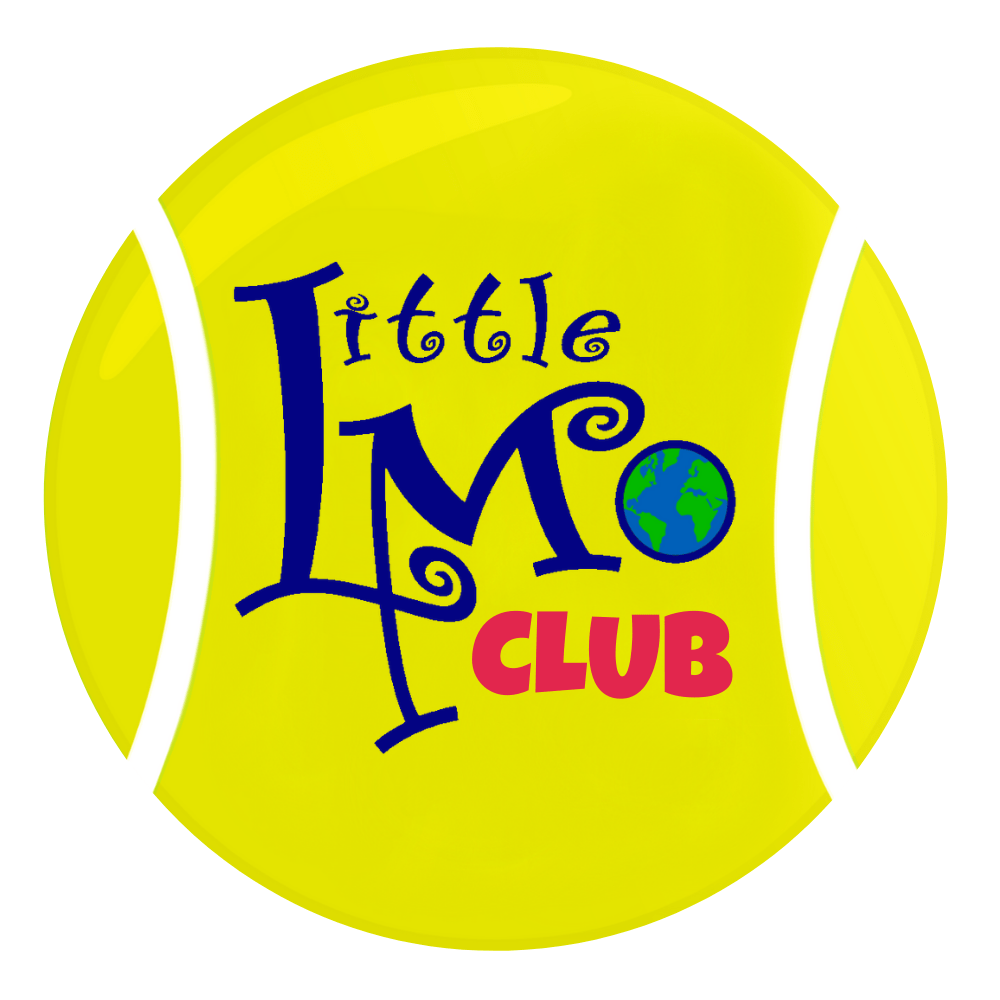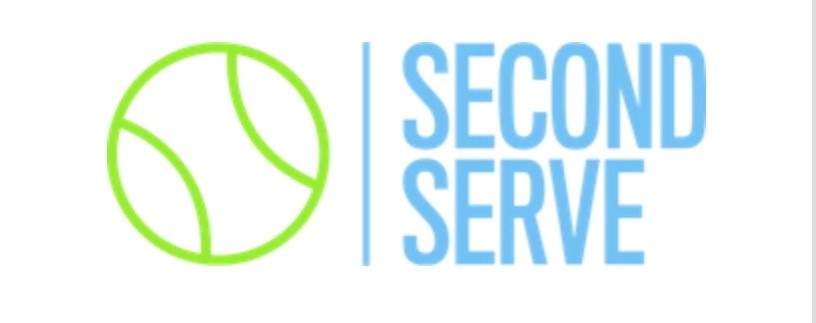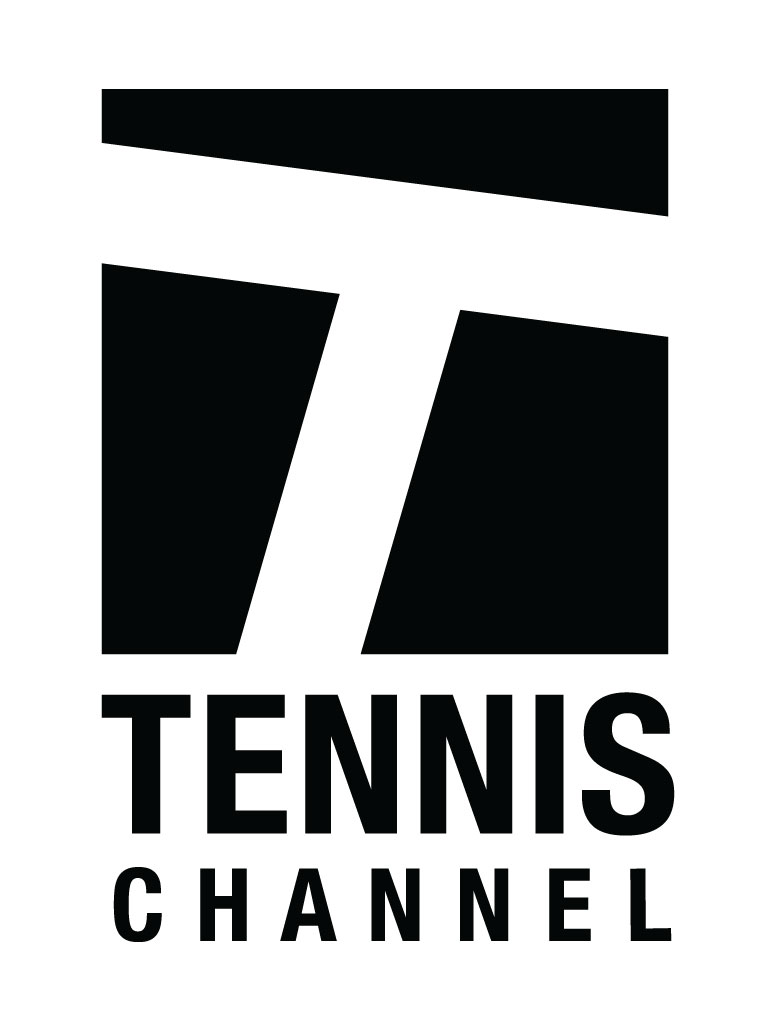Q&A with Tulane Men’s Coach Mark Booras

This is my second piece for the ITA website. I’m so enjoying the opportunity to get to know some of the college coaches better – hope you are, too!
Tulane men’s tennis head coach Mark Booras knew he had a huge challenge facing him when he agreed to move from Baton Rouge down to New Orleans. Not only was he accepting his first head coaching job, but he was also coming into a situation that no other tennis program had faced before.
Booras discusses the challenges he faced in bringing a former powerhouse team back from the brink following a devastating natural disaster.
Question: You were hired to bring tennis back to Tulane after the devastation of Hurricane Katrina. What were some of the challenges in terms of recruiting players to a campus and a city in the process of rebuilding? Did you have to recruit differently than you had previously, and then you do now? Did anyone help mentor you during this time?
Answer: I looked at it as a great opportunity to do something special and unique that no one had ever done in men’s tennis. The Tulane team, pre-Katrina, was top 25 in the country. I wanted to start from scratch and bring it back to that level. We had nothing and had to get people to come to the school so we could start a team. There were so many media challenges and misunderstandings about what life was like at Tulane and in New Orleans. Perception of the devastation was a little off, to say the least. My coaching staff and I had to convince recruits that we were back and excited to be back and wanted to be a top 10 team in the US once again. The biggest challenge was getting people to buy into our vision and to jump on the bandwagon to help get us there.
Recruiting definitely changed. We had to find guys who wanted the opportunity to compete at the Division I level, and we knew we weren’t going to have all four-and-a-half scholarships to use in that first year. Most of the guys we recruited were walk-ons that first year. Instead of having a set number of scholarships to recruit with, I had to rethink it so that I could spread out the scholarships over the next four years of incoming classes. Everything was a little bit tougher. I had to get people to buy into something that wasn’t there yet. They had to buy into a vision. I had to reinforce that vision not only to all of our recruits but also to the assistant coach and to the administration. We searched for and found guys who wanted to jump on board and help us go forward. I had to build the right kind of foundation for the program. I had to get the right kids academically and with the right character who were going to help us build the program. I was looking for the best fit academically, athletically, and with what we were trying to do. I knew that if the foundation was off, then in the future everything else would be off, too. It was just like building a house – you have to start with the right foundation.
I didn’t have anybody I could ask questions of. I was going off what I thought would be the best way to build something from scratch. I knew the foundation had to be right. Rick Dickson, the Tulane Athletic Director, was a mentor and encouraged me to take the ball and run with it. He was very helpful during recruiting and wanted me to make sure I was recruiting the right kids academically. There was no blueprint for how to do this, but I followed my gut and my idea of how to build anything. The Tulane administration was very patient with me building it the right way. They understood that it would be a longer process to reach the place Tulane had been before Katrina. I shared my vision of the program with Rick during my initial job interview. He liked that vision and helped me execute it.
Q: After your collegiate career at the University of West Virginia, you decided to try your hand on the ATP tour. What made you decide to leave the tour and return to school for your master’s degree?
A: I came to that crossroads when I started running out of financial support. My family had put a lot into my tennis – financially and emotionally. I was ranked in the 200’s, but needed to be ranked a little higher to earn enough money to continue, so I stopped. I knew I wanted to get into coaching if I had to stop playing. I saw improvements in my own game when I started focusing on the mental side of it, so I wanted to learn more about that and decided to pursue a masters in sport psychology. I knew it would make me a better all-around coach.
Q: What did you learn as the director of USTA’s Summer Collegiate Team that has helped you be a better college coach?
A: That was a great honor to be selected to coach the Summer Collegiate Team. Getting to work with those top players for the whole summer – work with them, manage them – opened my eyes to another aspect of the coaching game and the college game. I was grateful that USTA and ITA selected me. Working with that level of student-athlete consistently – we had 4-6 guys who were the top college players in the country – and getting to see how they did things on and off the court in such a professional way showed me how they prepared every single day for success at that level. It clarified what I was doing as the Assistant Coach at LSU but also taught me some things that I needed to incorporate in my coaching. I went into the next year with more confidence as a coach.
Q: How important is it to you, as a coach, to see your players excel in the classroom?
A: My first conversation with every recruit or parent is as follows: You are coming here to get a degree, first and foremost. I know you want to play tennis and maybe be a pro player, and I want to help you do that. My biggest job is to help you get that degree and help you become a man of integrity.
Guys hear that during recruiting, then if they come here, they hear it every day. All coaches are educators. We’re trying to make sure these guys are getting educated in all aspects of their life. It’s important when they’re around me that they learn what I feel is important to being successful in life. I can teach forehands and backhands and how to be successful on the court, but in the meantime you’re going to be here getting a degree and that’s what the student-athletes need to focus on.
There are three factors to being a student-athlete: sport, academics, social. All three factors have to be working well in order for the student-athlete to be successful. If any one of the factors is off, it negatively impacts the other two. At Tulane, the academics are very tough, so I want to be sure my guys are doing well in the classroom so they can do well on the court.
Q: Last year, one of your players, Dominik Koepfer, was the top-ranked collegiate male in the country. What do you think led to Dominik’s success and what role did you play in helping him achieve such a high level? How does that impact your recruiting now?
A: Dominik (Koepfer) was a prototypical student-athlete. He did a lot right. One of the things that led to his success was his effort on the court as well as his belief in himself. In those two areas, we really pushed him. He was a hard worker which helped him get better and stronger on the court. We helped him with the mental side. Dominik didn’t come in as a national champion in his home country of Germany – he played No. 5 his freshman year for us. The hard work he put in on the court, as well as his belief in himself, and the openness to listen to his coaching staff to try new things technically and tactically and to be positive on the court, allowed him to succeed.
It was a long process. During his junior year he broke through at the national events, and then he wanted to be #1 and see how far he could take it. He kept giving himself the opportunity to be successful. As a coaching staff, we kept encouraging him to keep doing the right things to get him there. He’s a very intense guy and was often quick to get angry on the court. We helped harbor some of those emotions and rechannel them the right way.
Having a No. 1 player has helped our recruiting a ton. We make calls or send emails and we now get replies! Especially with the German guys! It’s opened up some doors for sure. The past couple of years we’ve seen the student-athletes around the country have more interest in what we’re doing here. Now the team is back in the top 25 or 30. All of those things put together have helped our recruiting for sure.
The vision I was sharing seven years ago is now coming to be. I use that story of the vision to recruit the right guys for our team. That team seven years ago that had a 3-16 record, I tell them they’re the ones who helped us get to where we are now. It’s been a process just as I envisioned. I’m so thankful to all the guys from Year 1 to this year. Their investment has helped us put Tulane back on the map.













Comments are currently disabled for this post